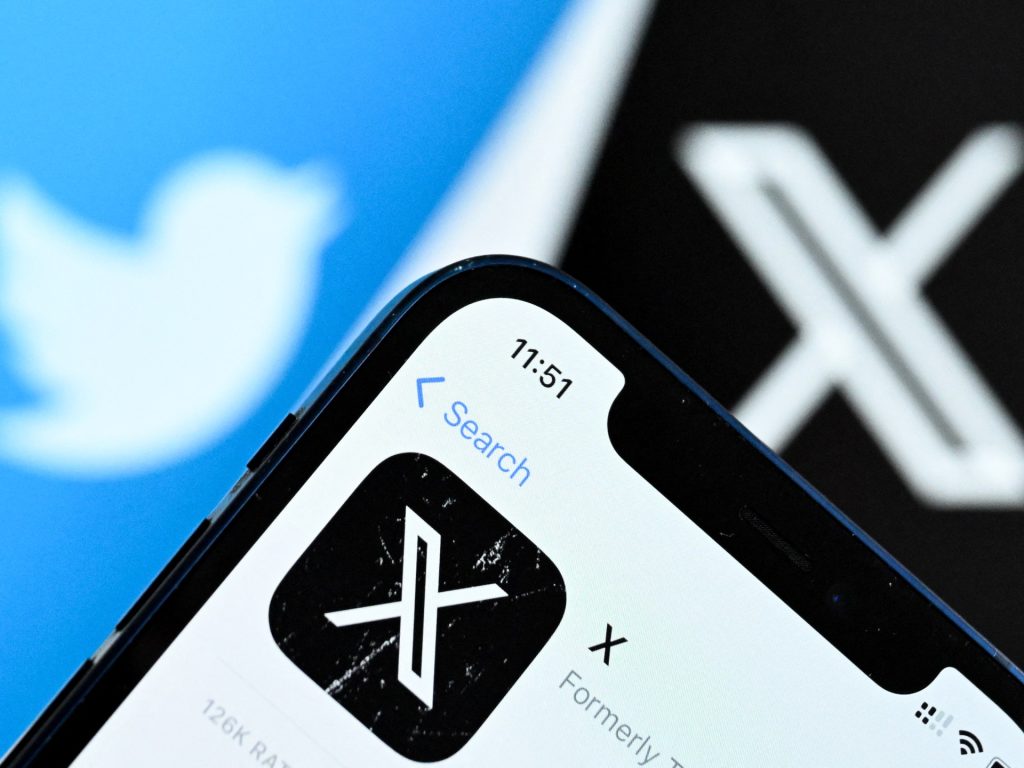Brazil has suspended the social media site X, formerly known as Twitter, for failing to comply with court orders and pay fines. The site attempted to pay the fines owed to the Brazilian government in order to resume services, but the Supreme Court has not lifted the suspension, stating that the fees were deposited into the wrong bank account. This ongoing conflict between X owner Elon Musk and the Brazilian government has raised questions about free speech and content moderation online. X had more than 21 million users in Brazil as of April, making it one of the site’s largest sources of users.
X faced fines of over $5 million for its failure to comply with court orders, which included restricting accounts linked to misinformation and appointing a legal representative in the country. Initially, Musk and X resisted the suspension, criticizing it as censorship and accusing the Supreme Court Justice of issuing illegal orders. Musk, known for his far-right politics, has clashed with the Brazilian government over false election claims and has expressed support for former President Jair Bolsonaro. X has become more accommodating to government requests for content removal under Musk’s ownership, raising concerns about potential censorship on the platform.
In an effort to lift the suspension in Brazil, X has taken steps to comply with the court orders, including restricting access to accounts linked to misinformation and appointing legal representatives in the country. The site filed a request to resume operations, stating that it had paid its fines and requesting free access for users in Brazil. Despite these efforts, the Supreme Court has not yet lifted the suspension, citing issues with the deposit of the fines. This ongoing conflict highlights the challenges faced by social media platforms in balancing free speech with content moderation requirements.
The case of X in Brazil has sparked a debate over the spread of false claims online and the role of social media companies in addressing this issue. Musk’s involvement in the conflict, along with X’s compliance with government requests for content removal, has raised concerns about potential censorship on the platform. The site’s large user base in Brazil adds to the significance of this conflict, as the country is one of X’s largest sources of users. It remains to be seen how this situation will be resolved and what implications it may have for the future of social media regulation in Brazil.
Overall, the suspension of X in Brazil due to its failure to comply with court orders and pay fines has sparked a debate over free speech and content moderation online. The ongoing conflict between X owner Elon Musk and the Brazilian government highlights the challenges faced by social media platforms in balancing these issues. X’s attempts to comply with the court orders and lift the suspension, as well as the Supreme Court’s response, have yet to result in a resolution. This situation has broader implications for the future of social media regulation in Brazil and the role of platforms in addressing false claims and misinformation online.















